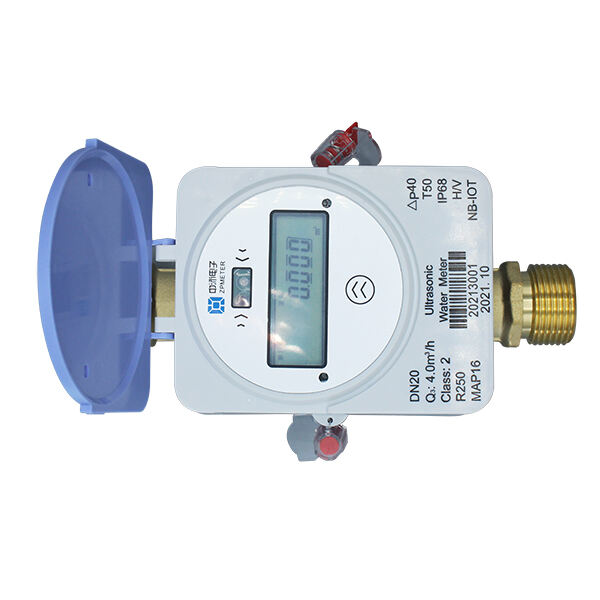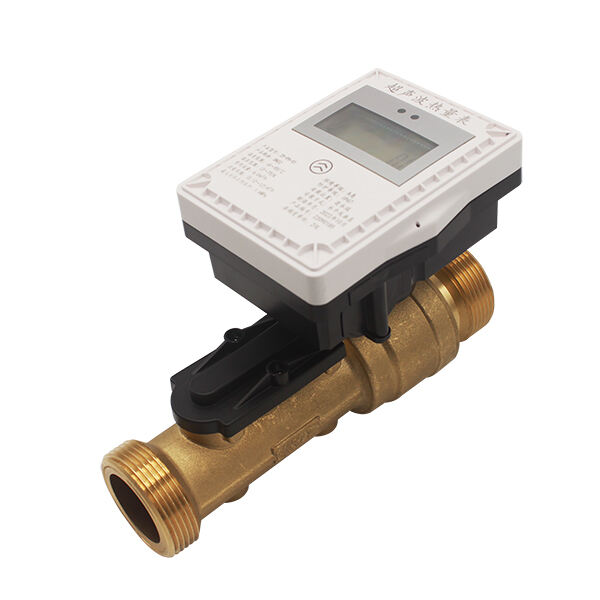Diverse Application Scenarios
Water meters are applicable in a wide range of scenarios, including residential buildings, commercial complexes, industrial facilities, and public water supply systems. Whether it's tracking the water usage of a single household or monitoring large - scale industrial water consumption, water meters play a vital role in ensuring accurate measurement and effective water management across different sectors.

